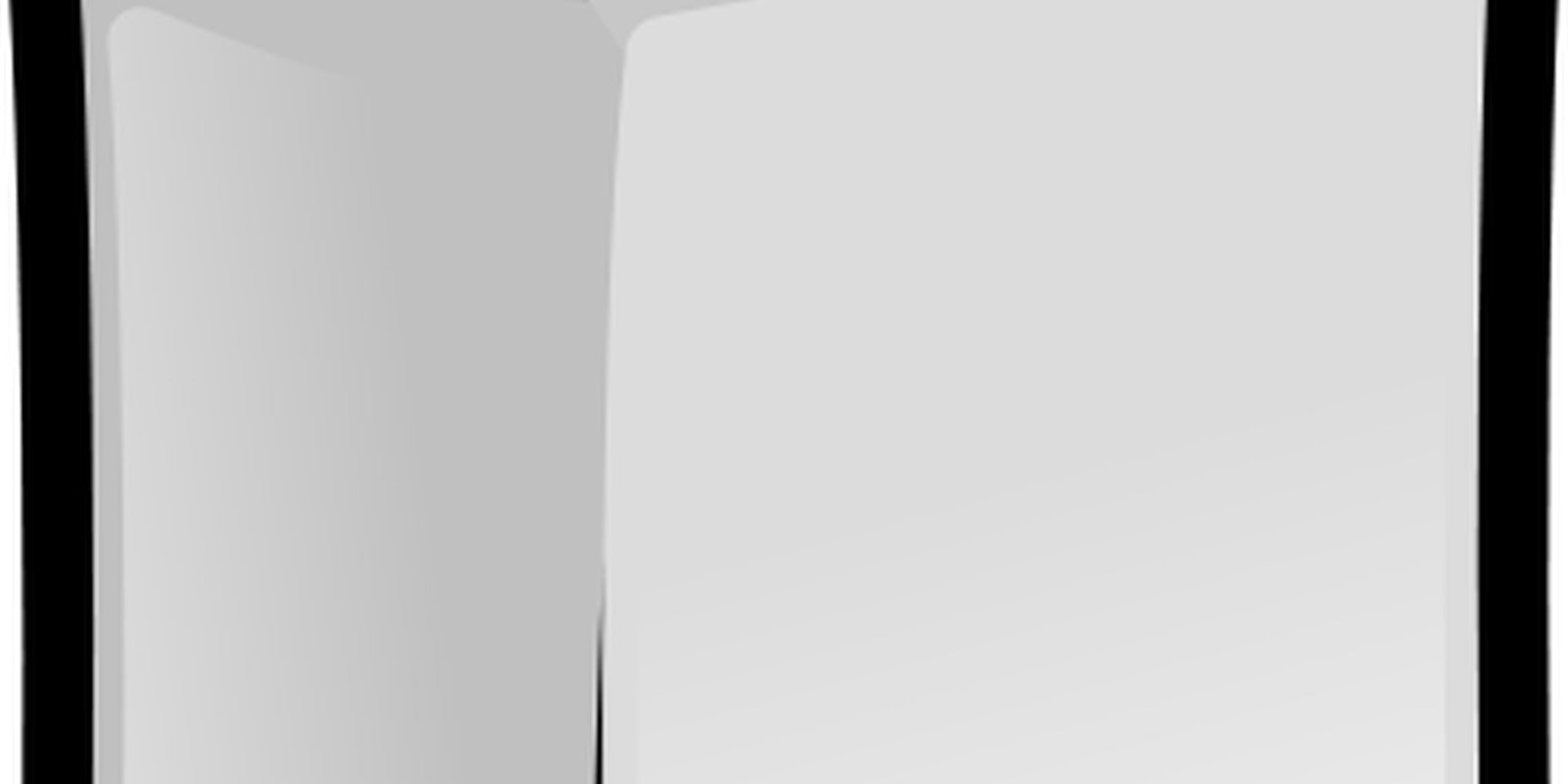During the 1980s, traditional news outlets like TV stations and newspapers led the way in disseminating information about a missing person. Then came the face-on-a-milk-carton campaign in schools, an alternative, community-specific way to find a loved one.
Today, with children more likely to pick up a cell phone than a carton of milk and TV stations preoccupied with five-day weather forecasts instead of news, Twitter has become an important tool in finding the missing.
This tool was particularly important to Amy Elk, a voice actress from Atlanta who took to Twitter on July 11 to help find her sister Nique Leili, a mother of three who had been missing for two days. Elk, who has not responded to interview requests, tweeted photos and a description of her sister, while police began their search on July 12, three days after Leili went missing.
Feeling helpless and annoyed with the police, Elk recruited people on Twitter for a search party on July 16.
“Search party is ON!!” tweeted Elk. “Social media FTW! Let’s go find her!!!”
That same day, Elk and another search party member found her sister’s body in a wooded area near her home in Gwinnett County, Ga.
“Still waiting for a positive ID but based on the identifying features the ME (medical examiner) gave us it’s definitely her,” Elk tweeted. “My sister is gone.”
Since December 2010, more than 85,000 people are missing in the U.S. A brief search of the hashtag #missingperson on Twitter reveals hundreds of tweets from people looking for complete strangers and loved ones.
Leili is no longer one of them. She was found thanks to her sister’s perseverance on Twitter, the modern-day milk carton.


